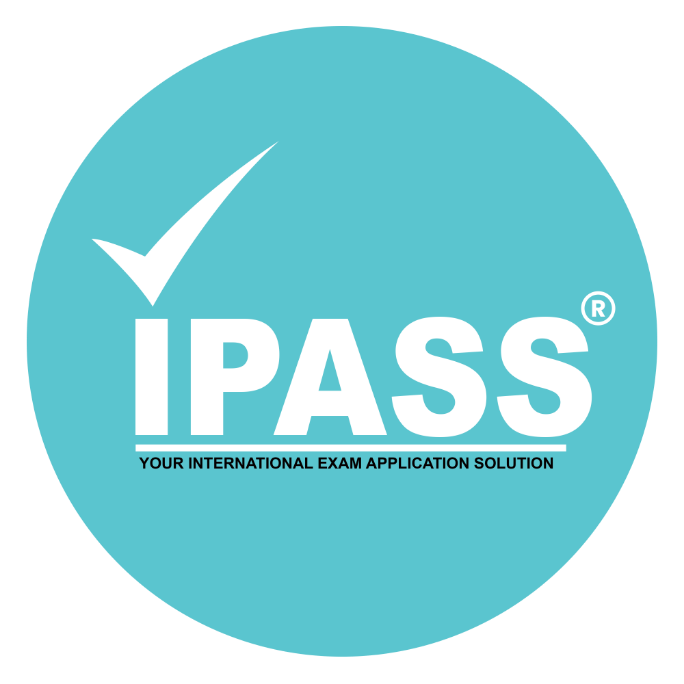Your cart is currently empty!

NCLEX Alberta: Exploring the Changes and Updates
For too long, nurses outside Canada must wait lengthy processing months before they can finally practice their profession in the country. However, with the recent overhaul of the NCLEX application process in Alberta, Canada, last April, the province has received various inquiries from nurses worldwide looking to work there.
To date, Alberta has more than 1,400 internationally educated nurses (IENs) registered—a promising result after introducing regulatory changes that enable IENs to make their application process more manageable. With this new licensing system, NCLEX Alberta’s nursing regulatory body hopes that the change can further encourage nurses trained in countries in the Philippines, the United States, India, Australia, and more to apply.
Addressing Nurse Shortage in Canada
To its core, the shortage of nurses Canada continues to face is why the process needs to be changed. Canada’s nursing shortage has been a prevailing issue that predates the pandemic—stemming from various factors like burnout or unpleasant working conditions. But despite the strain nurses experience, interest from aspirants in the profession doesn’t cease.
Alberta, like any other province in Canada, experiences short staffing. The College of Registered Nurses of Alberta (CRNA) amended its application process to fill in the gaps and better accommodate the increasing demand for care. And since April, the change has already reduced processing times that usually last a year or so to weeks—allowing them to license thousands of IENs worldwide.
The new streamlined process has been well-received as the volume of applications and inquiries is immense. Likewise, other provinces, like Nova Scotia and British Columbia, have recently made similar process changes and had the same response.
The 48-hour Goal
The changes in the NCLEX application process in Alberta include the removal of applying for the National Nursing Assessment Service (NNAS) as a requirement. As long as applicants meet other requirements like passing internationally recognized exams and providing credentials, applying for the NNAS is unnecessary. In addition, the streamlined process will eliminate further coursework for some nurses.
Moreover, the executive director at CRNA, Andrew Douglas, says they aim to provide a straightforward process within 48-hr hours. But, given the current surge of applicants, they still take about four weeks to do so. Regardless of the current situation, they hope to fulfill their goal as the volume of applicants eases in time.
Updates NCLEX Alberta Process
The new NCLEX process offered in Alberta—specially made for IENs—aims to reduce unnecessary barriers that cause setbacks for IENs. The process requires applicants with the following competencies:
1. They have an equivalent education from any jurisdiction.
2. They pass the NCLEX-RN.
3. They are currently registered nurses in countries: the Philippines, the US, the UK, India, Australia, New Zealand, Nigeria, Jamaica, and Ireland.
Alongside these competencies, the applicant should submit the requirements. These requirements include education credentials, good character, jurisprudence, etc., to ensure they are safe to practice in Alberta.
Summing-up
The CRNA’s move to overhaul the NCLEX application process in Alberta opens an excellent opportunity for IENs who’ve been meaning to work for Canada. Alberta and other provinces expect this move to bring much-needed IENs to support their healthcare sector. Furthermore, this only means that such change reduces processing time, and more IENs can be employed relatively fast. All things considered, if you plan to become a registered nurse in Canada, now is the best time!
We at IPASS have your back! IPASS Processing offers its service to nurses who wish to apply for the NCLEX in the US, Australia, and Canada. We ensure to provide and deliver you a smooth and hassle-free NCLEX application. For more inquiries, contact us now!
Recommended Reads
- NCLEX Pass Rates 2024: Key Insights You Need to Know
- May 2025 PNLE Results: Top Schools & Topnotchers
- Ace the May 2025 PNLE: Final Week Preparation Tips
- Nursing Job Opportunities in the Philippines for USRNs
- AHPRA Registration 2025: Updated Pathways for IQRNs
Recommended Topics
- ASCPi (1)
- Australia (8)
- Canada (5)
- Exam Tips (28)
- General (120)
- IPASS Events (10)
- IPASS News (129)
- Middle East Nursing (17)
- NCLEX (64)
- New Zealand (3)
- NMBI Ireland (1)
- Online Review (13)
- PNLE Online Review (3)
- Tourist Visa (1)
- UKNMC (1)
- US Nursing (12)
- UWorld (1)
- VisaScreen (3)








Leave a Reply